If you’re looking for a drug rehab near Woodland Hills with flexible, innovative programs, Omnia Recovery can help.
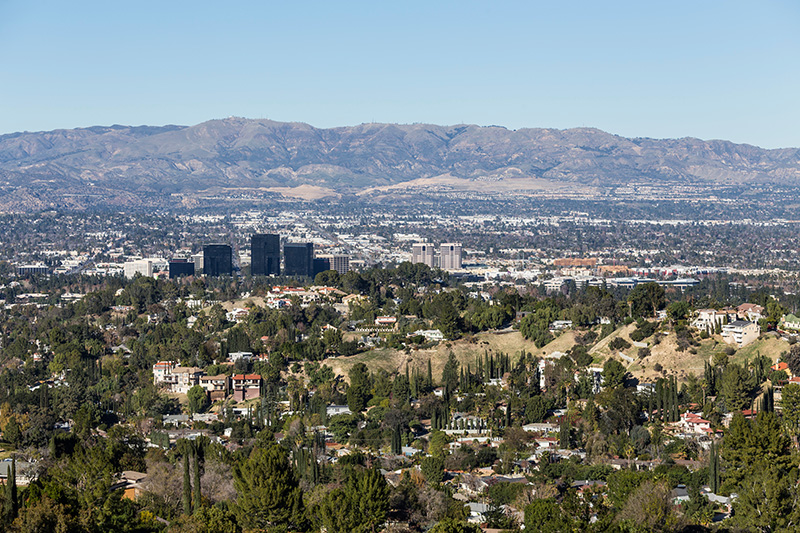
Due to the complexity of addiction and the many factors it involves, a professional treatment program is often the best option for recovery. If you’re searching for drug rehab in Woodland Hills for yourself or someone you love, Omnia Recovery is nearby in Thousand Oaks. We specialize in delivering high-quality care on a flexible outpatient basis. Our goal is to help each person follow an individualized treatment plan that’s suited to their needs so they can retake control of their lives.
Contact our behavioral health center in Thousand Oaks today to learn more about how our comprehensive treatment programs can help.
As you compare Woodland Hills drug rehab options and programs, it’s important to understand the need for evidence-based treatment. Addiction is a disease, and treatment, as is true with other chronic conditions, should be based on scientific and clinical evidence.
While everyone’s addiction is different, there are usually general steps that occur in the process, including:
As you’re looking for drug rehab in Woodland Hills, we encourage you to learn more about Omnia Recovery. We provide varying levels of outpatient treatment in Southern California. We work with people who are seeking addiction treatment in Woodland Hills, as we’re nearby in Thousand Oaks.
Addiction symptoms can vary depending on the specific substance. Some of the symptoms generally associated with the most common addictions include:
Symptoms of someone being addicted to alcohol can include:
Whether prescription opioids or heroin are involved, symptoms of addiction can include:
If someone is abusing stimulants or is addicted, symptoms can include the following:
These prescription medications include Xanax and Valium. Abuse or addiction signs include:
These symptoms vary in intensity and are influenced by factors like mental health, genetics, and co-occurring mental and physical disorders. Omnia Recovery is a leading Southern California rehab center, and we conduct thorough assessments at the beginning of each person’s treatment to ensure their plan is well-suited to all of their needs.


As you compare your options for alcohol and drug rehab in Woodland Hills, evidence-based approaches are essential. Evidence-based addiction treatment refers to therapeutic approaches and interventions that are scientifically researched and proven effective through empirical studies. These addiction treatment approaches are rooted in scientific evidence, with well-designed clinical trials and research studies supporting them. The goal of evidence-based addiction treatment is to ensure individuals receive the most effective interventions for substance use disorders and co-occurring conditions.
Examples of evidence-based treatment approaches that we integrate into our programs at Omnia Recovery include:
Another key element of effective addiction treatment available at Omnia Recovery is dual diagnosis treatment. When someone has both a substance use disorder and a co-occurring mental disorder, it can complicate the treatment process. The coexistence of the conditions requires an integrated approach to address mental issues and substance use at the same time. Without integrated treatment, the risk of relapse is much greater.
We are a Southern California dual diagnosis addiction treatment center in Thousand Oaks, delivering not just evidence-based but also compassionate, empathetic care.
Our modern, newly renovated treatment facility is more than just a rehab. We offer a safe space where you can recover + have fun!
Here at Omnia Recovery, we offer an innovative approach to treatment by combining traditional, evidence-based and holistic therapies.
From art + music therapy to group outings and volunteering, Omnia Recovery wants you to learn that there is fun to be had in recovery.
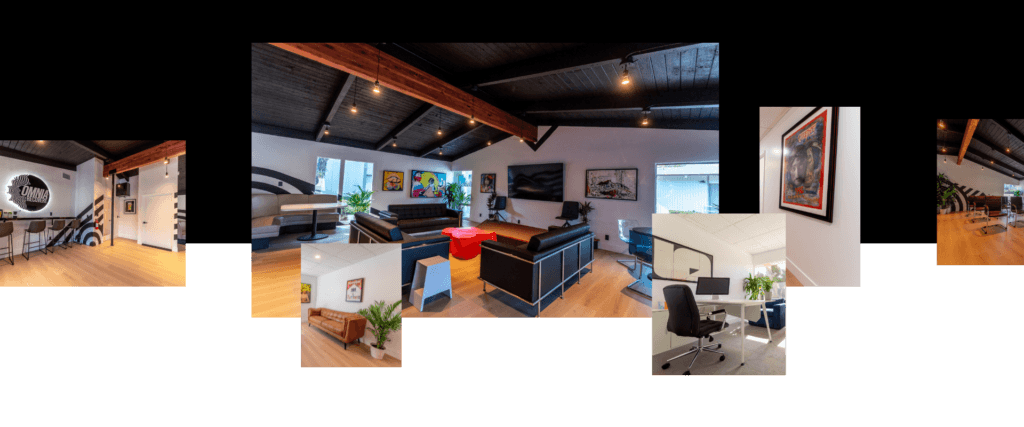
Our programs at Omnia Recovery are outpatient rather than residential. We have several levels of outpatient treatment available, with a partial hospitalization program being the most intensive. Our PHPs offer a level of care similar to residential rehab, but you can return home or to your loved ones at the end of the treatment day. We also offer an intensive outpatient program and traditional outpatient rehab, which are the least intensive programs.
Outpatient programs offer flexibility in scheduling so that you can attend your treatment sessions but still maintain work, family or school commitments. Outpatient rehab is usually more cost-effective than inpatient rehab, and it allows you to stay connected to your community, family and friends. You have access to community resources and support groups completing formal treatment, and there’s less overall disruption to your daily life as you work towards recovery.
If you’re currently looking for a drug rehab in Woodland Hills for yourself or a loved one, contact us at Omnia Recovery. We can discuss our programs and what could be a good fit, answer questions, and help you begin a recovery journey today.
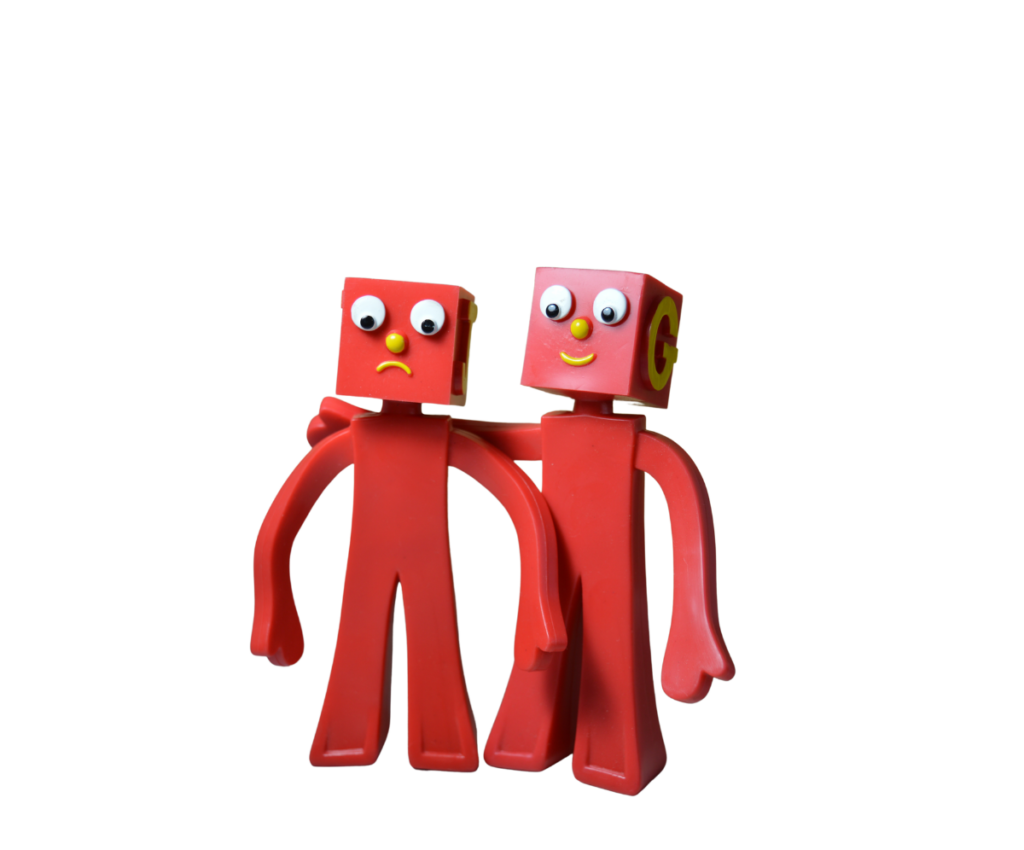












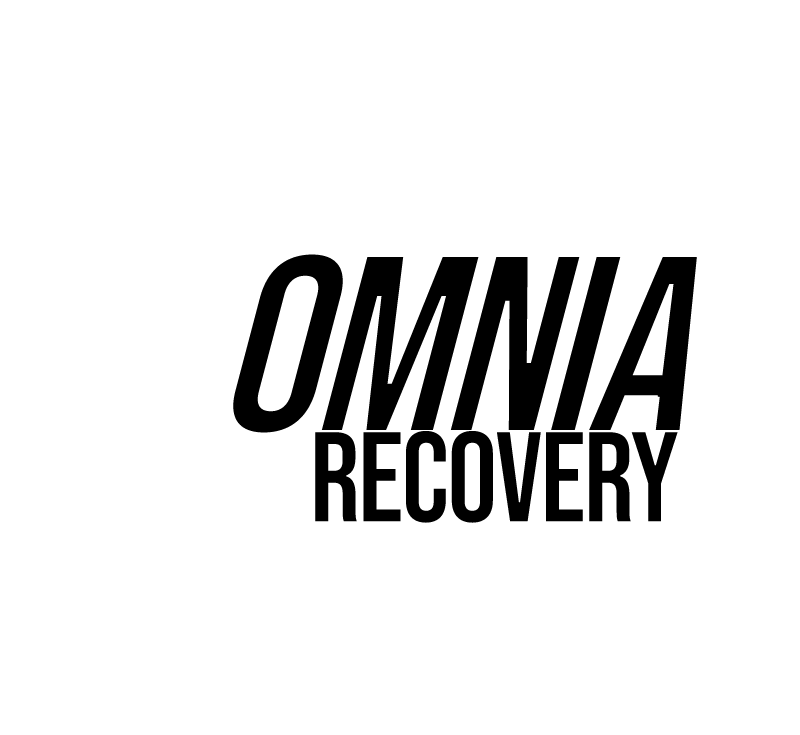
Omnia Recovery is a behavioral healthcare provider in Thousand Oaks, California that offers a modern approach to substance abuse, dual-diagnosis and mental health treatment.